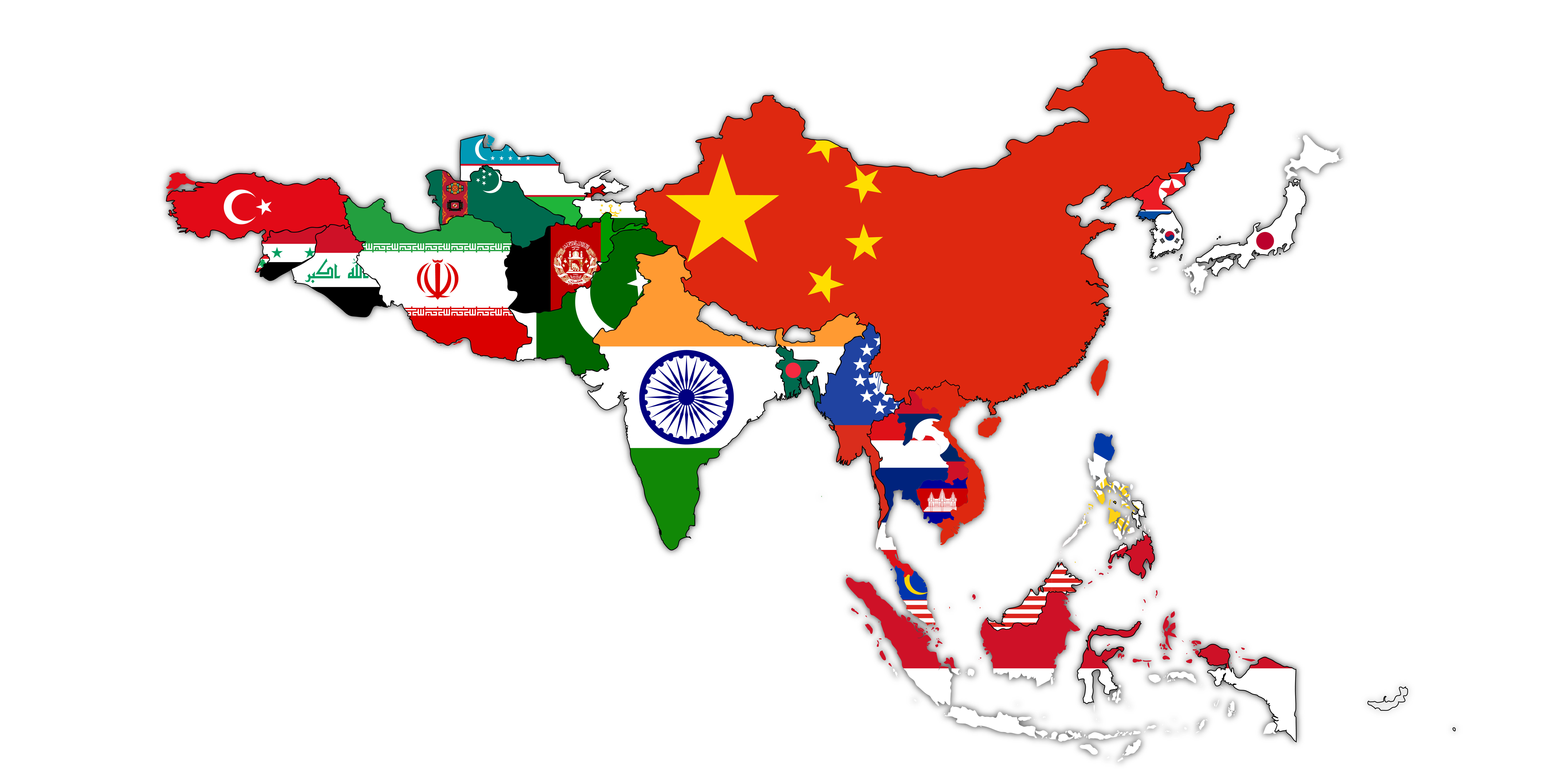
JOHN DOE SEPT 15, 2017
Security Challenges in Asia
A Comprehensive Overview of Traditional and Non-Traditional Threats
Traditional Security Challenges
- Territorial Disputes: Ongoing disputes in the South China Sea and East China Sea, involving competing claims over islands and maritime zones, heighten the risk of confrontation between nations [1].
- Military Modernization and Arms Race: Asian nations are heavily investing in advanced weapons systems and naval capabilities, increasing the risk of miscalculation and escalation [1].
- Geopolitical Power Plays: Major powers, including China, the United States, and Japan, are engaged in a complex struggle for regional influence, shaping Asia's security landscape [1].
Non-Traditional Security Challenges
- Cybersecurity Threats: Increasingly sophisticated cyberattacks and disinformation campaigns threaten critical infrastructure, financial institutions, and public opinion [1, 2].
- Climate Change: Climate change exacerbates resource scarcity, migration, and extreme weather events, potentially leading to displacement, conflict, and political instability [1, 2].
- Health Crises: Pandemics and health emergencies disrupt economies, strain healthcare systems, and deepen inequalities across the region [1, 2].
- Terrorism and Extremism: Terrorist groups and extremist ideologies exploit ungoverned spaces and online platforms, posing ongoing threats to regional stability [1, 2].
Regional Cooperation and Challenges
- ASEAN and Regional Cooperation: The Association of Southeast Asian Nations (ASEAN) promotes regional cooperation but faces limitations due to internal divisions and a lack of enforcement mechanisms [1, 3].
- Strategic Challenges: The rise of non-state actors, economic competition, and the need for cooperation on issues like climate change and pandemics present complex strategic challenges for the region [1, 3].
Conclusion
Asia's security environment is shaped by a mix of traditional and non-traditional challenges, from territorial disputes and military build-ups to cybersecurity threats and climate change. Regional cooperation through platforms like ASEAN is critical, but overcoming internal divisions and strategic complexities remains essential for fostering stability and addressing these multifaceted issues.